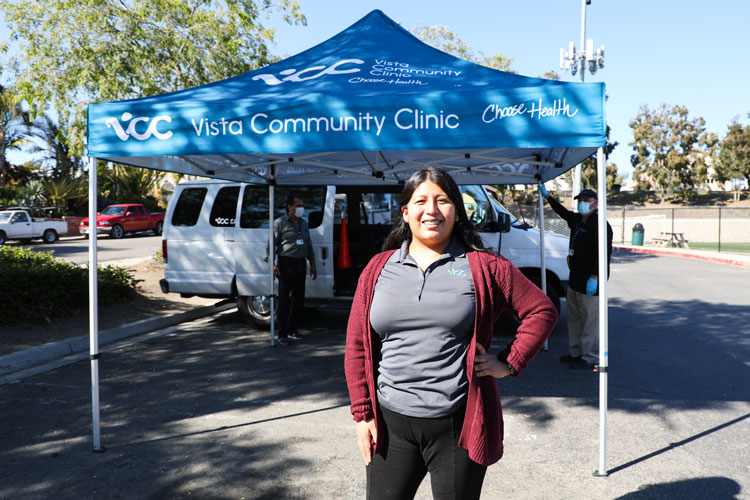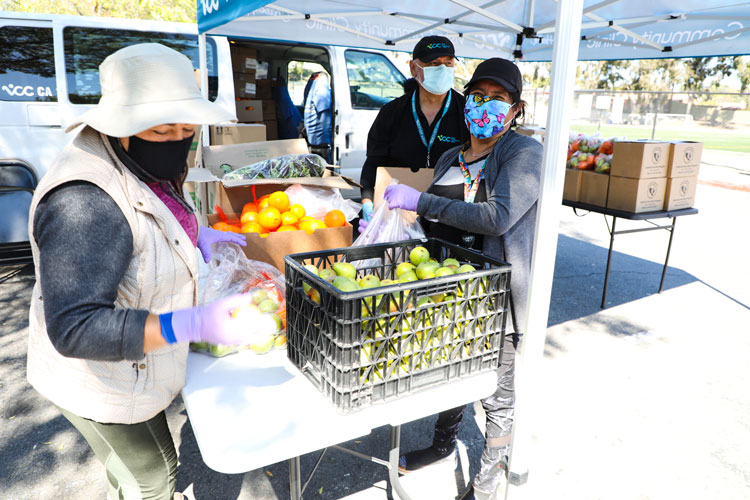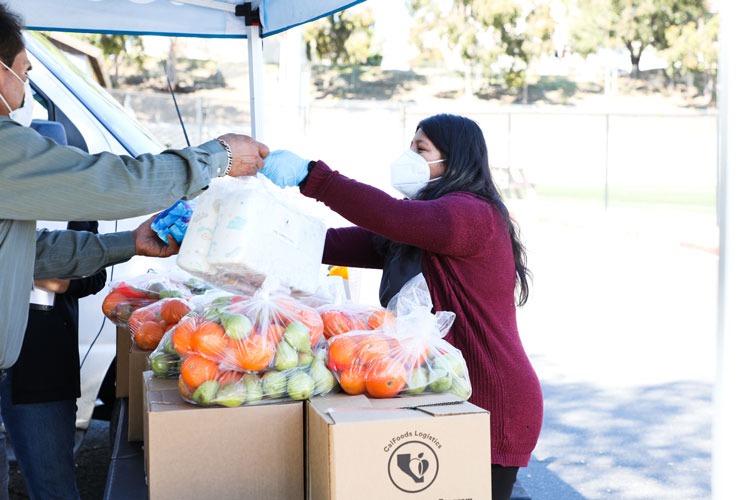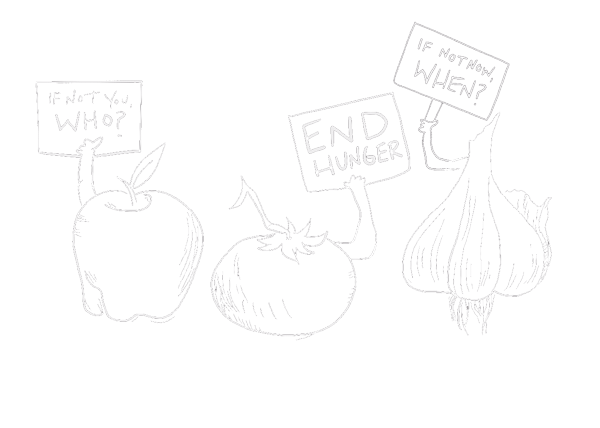Recognizing the Important Work of Vista Community Clinic and Poder Popular on Cesar Chavez Day
There are many migrant farmworkers in need of resources in San Diego County, particularly in northern areas including Vista, Fallbrook, Ramona, Pala, Rincon, and Rice Canyon. Food assistance is one of those resources. Feeding San Diego has partnered with the Vista Community Clinic (VCC) and Poder Popular to provide food assistance for over a decade. Poder Popular is a community advocacy and civic engagement group comprised of lideres. Now located at Luz Duran Park, this pop-up mobile pantry occurs twice a month. Since the pantry partners with the clinic, attendees can also receive healthcare services and resources while picking up their fresh produce and dry goods. This food distribution serves about 2,000 individuals every month, highlighting the lideres’ investment in ensuring community members have access to fresh produce. We were excited to visit their distribution just before Cesar Chavez Day to see how these groups honor the activist’s legacy.
Advocacy in Action
Our team attended the Vista mobile pantry earlier this month. At the distribution, we had a chance to meet Deysi Merino, Migrant Health Program Supervisor at Vista Community Clinic. Deysi greeted many people by name and was a welcoming presence throughout the two-hour distribution. While there were some cars, many attendees arrived on foot with carts or strollers to carry the food they received.
Deysi Merino, Migrant Health Program Supervisor at Vista Community Clinic
One of the women Deysi greeted was Jovita, one of the lideres for Poder Popular. Jovita has been part of Poder Popular for five years. She regularly volunteers her time to support the people in her neighborhood. The day we visited, she came with her cart to pick up food for herself and her neighbors.
“It’s gratifying to work with Feeding San Diego and help them distribute the food to our community. It is really lovely because Feeding San Diego helps us, and we also help them with our time,” she told us. “It’s a pleasure to be part of Poder Popular and Feeding San Diego. I’m grateful to Feeding San Diego for giving us the opportunity to host this pantry for ourselves and the community.”
Jovita with the dry goods and fresh produce she received
Socorro has been a líder for eight years. She told us they would distribute food to 300-350 people twice a month before the pandemic. Now, she sees even more people who need help.
“We’ve been distributing food for two hours, and more people keep coming, but we’ve run out of food. A lot of people still need more help,” she tells us. “We want to support them with more food, vegetables, and fresh fruit. That’s why people come, for the fresh produce. I don’t think Latin people are very well-acquainted with canned food. They come for fresh, natural food, and I would like to support them with more of that. It gives me a lot of pleasure that we can continue supporting the community because everything is getting more expensive. The truth is that this helps our community so much, and we are very grateful.”
Soccorro, one of Poder Populars lideres, at the mobile pantry in Vista
Leveraging Community Leaders
Poder Popular is a statewide community-building initiative initially funded by the California Endowment. It aimed to support healthy conditions in the fields, communities, health care, media, and civic life in California’s agricultural areas/counties. The program identified North San Diego County as one of these agricultural areas. Vista Community Clinic received funding back in 2005 to manage the project but now is self-funded.
The project aims to improve agricultural workers’ health, living, and working conditions by strengthening and engaging grassroots leadership. Advocates that are part of Poder Popular are called lideres, rather than community volunteers, to honor their work. The Vista group is currently educating the community on disaster preparedness, operating their own Feeding San Diego food distribution site, and collaborating with the Farm Worker Care Coalition (FWCC) in implementing the Farm Worker Disaster Preparedness Plan.
Three volunteers prepare bags of fresh produce.
“The Migrant Health Program serves mixed-status families (where some are undocumented, some are legal or permanent residents), low-income families, and farmworkers. A lot of them are Spanish-speaking immigrants and renters who work in landscaping or even families who work in nurseries. One way they have been described is the harder-to-reach populations,” shares Merino. “Migrant health helps a lot of communities in Vista, Fallbrook, families that live in rural areas. We provide information to them and also items such as food distribution, drop-offs to their families, and diaper distribution. We also transport families to and from their medical appointments.”
COVID-19 and the Farmworker Community
According to the COVID-19 Farmworker Study, in which VCC participated, most of the estimated 800,000 California agricultural workers rarely hold full-time, year-round work. They typically earn an average annual income of less than $18,000. Only about 37% of California’s crop agricultural workers have health insurance. Agricultural workers often live in crowded housing, use shared transportation, work close to others, and lack access to adequate water or sanitation supplies.
A woman with her 3-year-old son and the food they received
The COVID-19 pandemic affected this population greatly. The study revealed that COVID-19 led to unprecedented job losses for agricultural workers, despite their designation as “essential.” Nearly half of the survey respondents (52%) reported decreased farmwork time, resulting in income losses during the pandemic. More than half of all COFS agricultural workers reported increased difficulties paying for basic needs such as food, rent, utilities, water, and childcare.
“It created bigger food insecurity for this community,” Merino shares. “The food distribution that used to happen twice a month. Suddenly it was happening throughout the month to respond to the demand for it.”
Honoring the Legacy of Cesar Chavez
With the pandemic’s devastating impact on the farmworker community, it has never been more critical to continue the work of American civil rights and labor movement activist Cesar Chavez. Today, on Cesar Chavez Day, we recognize the vital contributions that help people in Vista and other North County communities have access to nutritious food. The work of Poder Popular is a direct reflection of Chavez’s activism.
“The advocacy is there,” Merino agrees. “We think of the lideres as trusted messengers. They live in the community, so they know the resources needed in the community and advocate for them. Establishing the food distribution was one of those very much-needed resources. Now it’s in place because of their work.”
Deysi Merino at the Poder Popular mobile pantry
She also shares that Feeding San Diego was the other essential part of making this work possible.
“Feeding San Diego has been very instrumental,” she says. “It wouldn’t have been possible without this collaboration. For us to better serve the community, we cannot do it alone. There needs to be that collaboration to better address and support food insecurity.”

